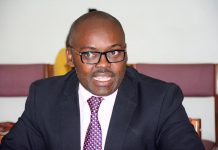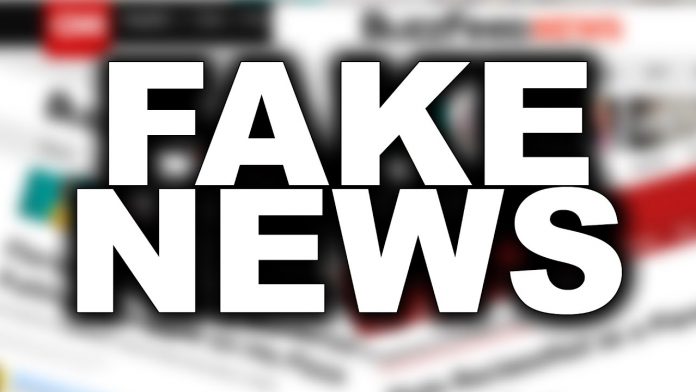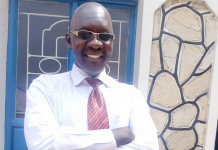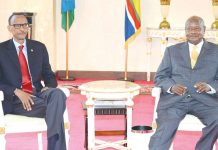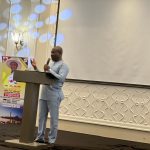By Gregory Sentamu
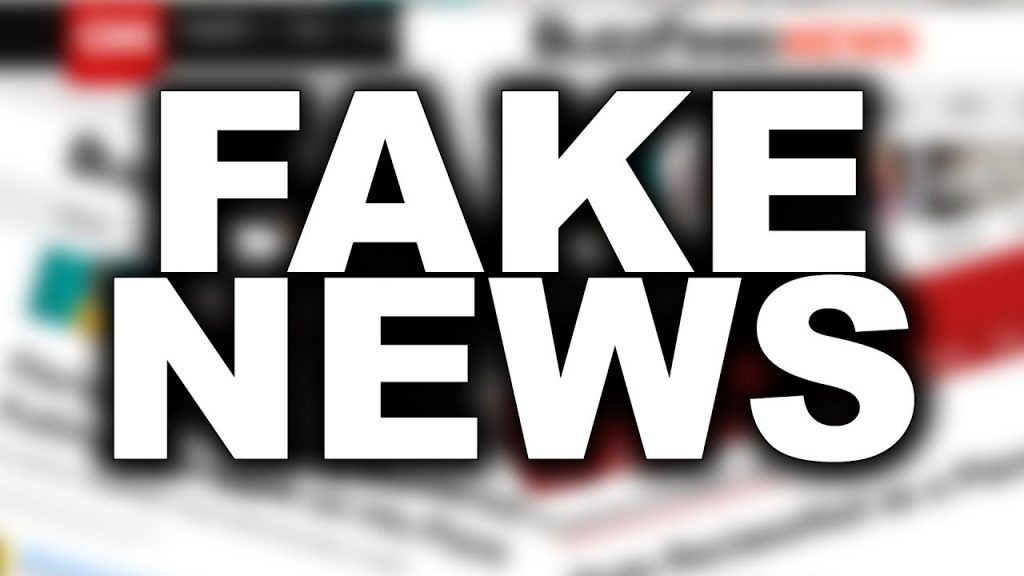 President Donald Trump of the United States of America has become the strongest campaigner against what is growingly referred to as Fake News. He has asked after the revocation of the licenses for television stations which “peddle lies.”
President Donald Trump of the United States of America has become the strongest campaigner against what is growingly referred to as Fake News. He has asked after the revocation of the licenses for television stations which “peddle lies.”
It is evident that Fake News is more frequently ‘published’ on social media. In 2015 a rumor emerged on social media that the Minister for the Presidency Frank Tumwebaze had been sacked over a scandal involving money. The rumor began on Facebook and spread like wild fire. It got many anti-government Facebook subscribers excited. It however caused concern among others as to how government could take a decision without issuing a formal statement. This got several critically thinking individuals to follow the story much closely. It later turned out that it was not true. In a few days the minister had paraded someone he said was behind the rumors who he subtly linked to a rival political camp.
This case and many others are indicative of how far Fake News can go to create tensions. There are points where even the deaths of individuals have been peddled on social media yet they are still alive to the anguish of their relations. One case in point is the late musician Martin Angume. The ailing Angume was announced dead severally even when he was still alive, causing agony and pain to his friends and family. Some believe it hastened his death. From his bed at Mulago Hospital he was receiving reports about his death which were not helping his condition.
Social media is one of the best things to happen to mankind, media experts say. They argue that free expression lacks in an environment where media is controlled by a few conglomerates and gatekeepers. They also say that in a society where governments are intolerant of dissent, social media promotes it. It is true that social media has created an arena for anyone to say anything they feel like wherever they are and whenever they deem necessary. This and other known advantages of the medium are many. But so are its disadvantages. Should free expression be without responsibility?
One of the structural problems of social media is the desire to break news fast and the potential to share news (even if unverified) in an intensity often described as viral. Those who break news do so either as a point of demonstrating that they are astute at gathering news or they probably believe the news itself and want it known as fast as possible. When false news is broken and shared perhaps to 100,000 people. It is not easy to reverse. This cannot be said of a newspaper where the reporter or editor can write a clarification to correct the impression or falsehood reported by a given newspaper.
The dilemma of social media is the multiple accounts it is capable of. There are over 100 million social media accounts that make it very difficult to gate keep information that is coming out of these accounts whether false or true. If the social media companies take a stand, it could lose membership while at the same time it could be detrimental to the genuine uses of social media for things beneficial. There is need to regulate social media. However the regulation should not come from government. Social media companies should make provisions for false news to be reported and its circulation terminated.




